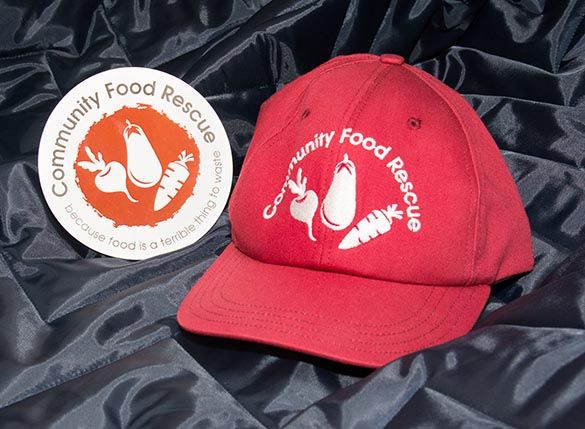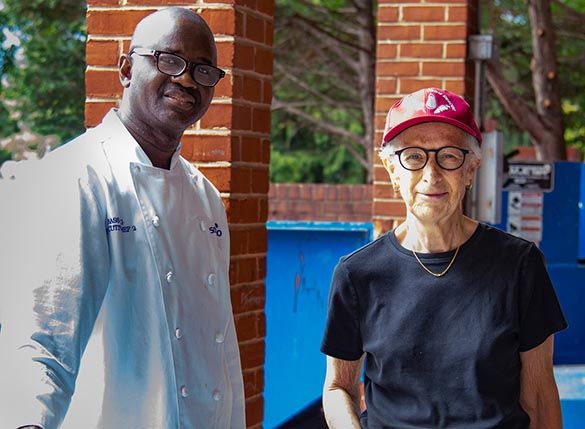Yes! The Bill Emerson Good Samaritan Act, established in 1996, protects businesses that donate food in good faith from being held liable should someone become sick from the food. The only exception to the law is in the case of gross negligence or intentional misconduct. In 2023 new legislation, called the Food Donation Improvement Act, enhanced the provisions of the Bill Emerson Good Samaritan Act of 1996. This new law expands liability coverage to donor businesses that distribute food directly to individuals in need (in addition to donating food to non-profit organizations who distribute to people in need). It also protects non-profits who can now charge a reduced price for donated food to cover costs of re-packing, labor, and transportation and donors who directly distribute food to individuals. The USDA now has authority to manage the new regulations.
Additionally, Maryland Health-General Code Ann §21-322, states, “A person [nonprofit corporation, organization, or association], shall have the immunity from liability for any act or omission that affects the nature, age, condition, or packaging of the donated food.” Food donors must still follow safe food handling practices as described in the CFR Food Safety Guidelines.





